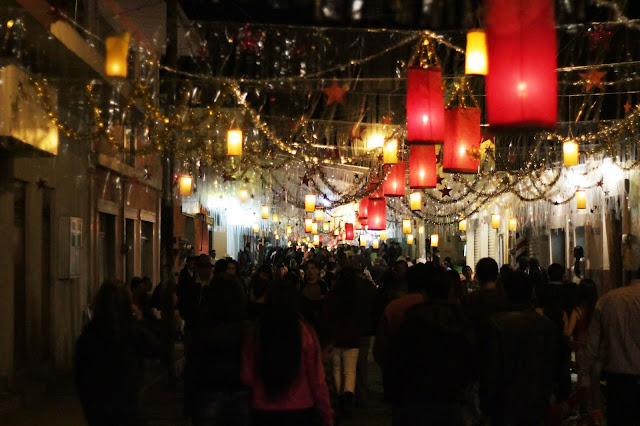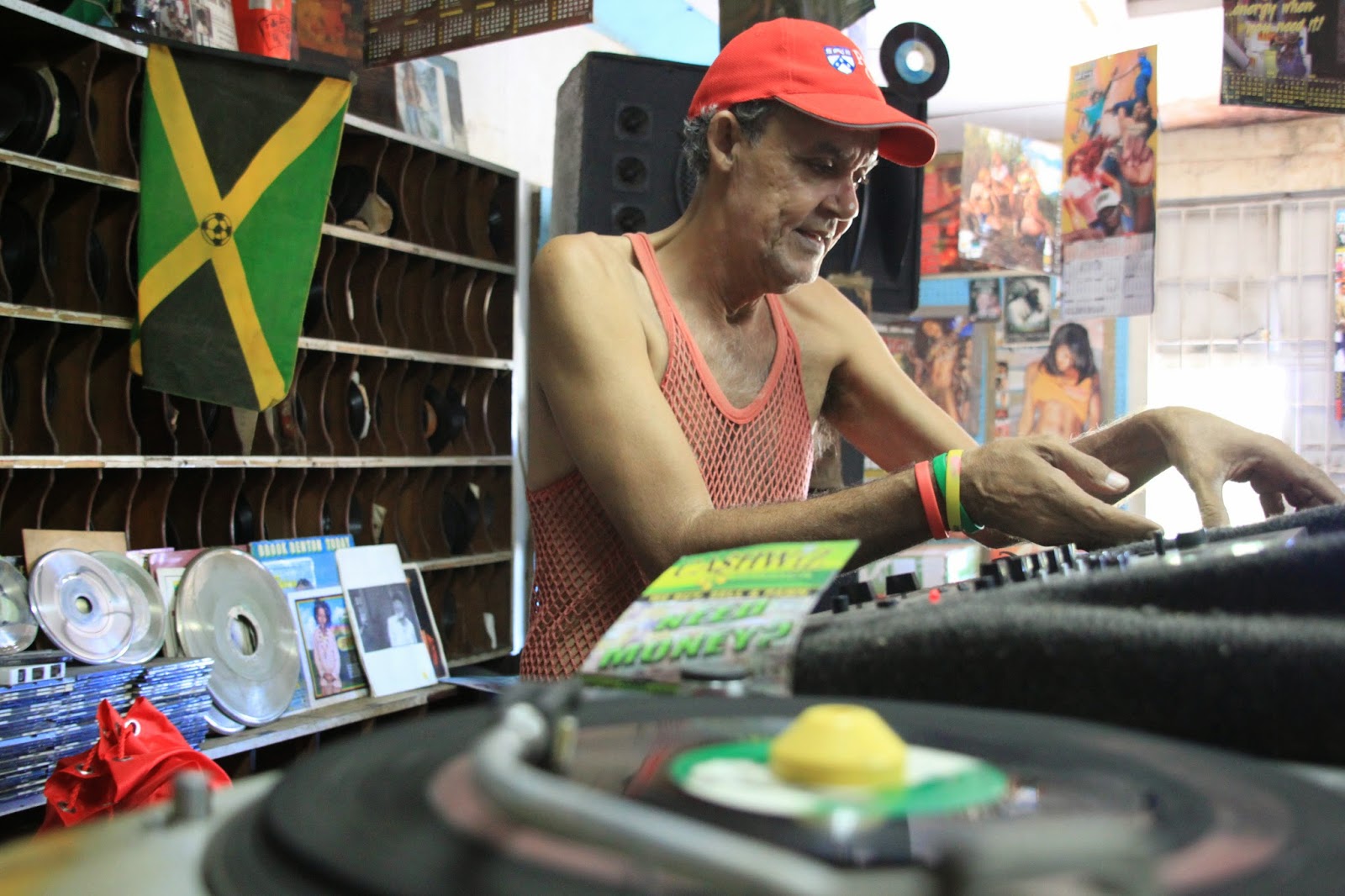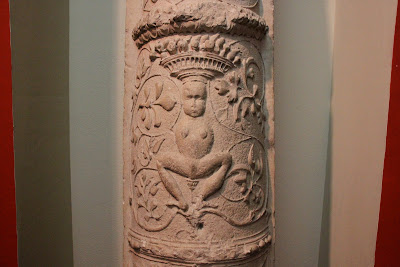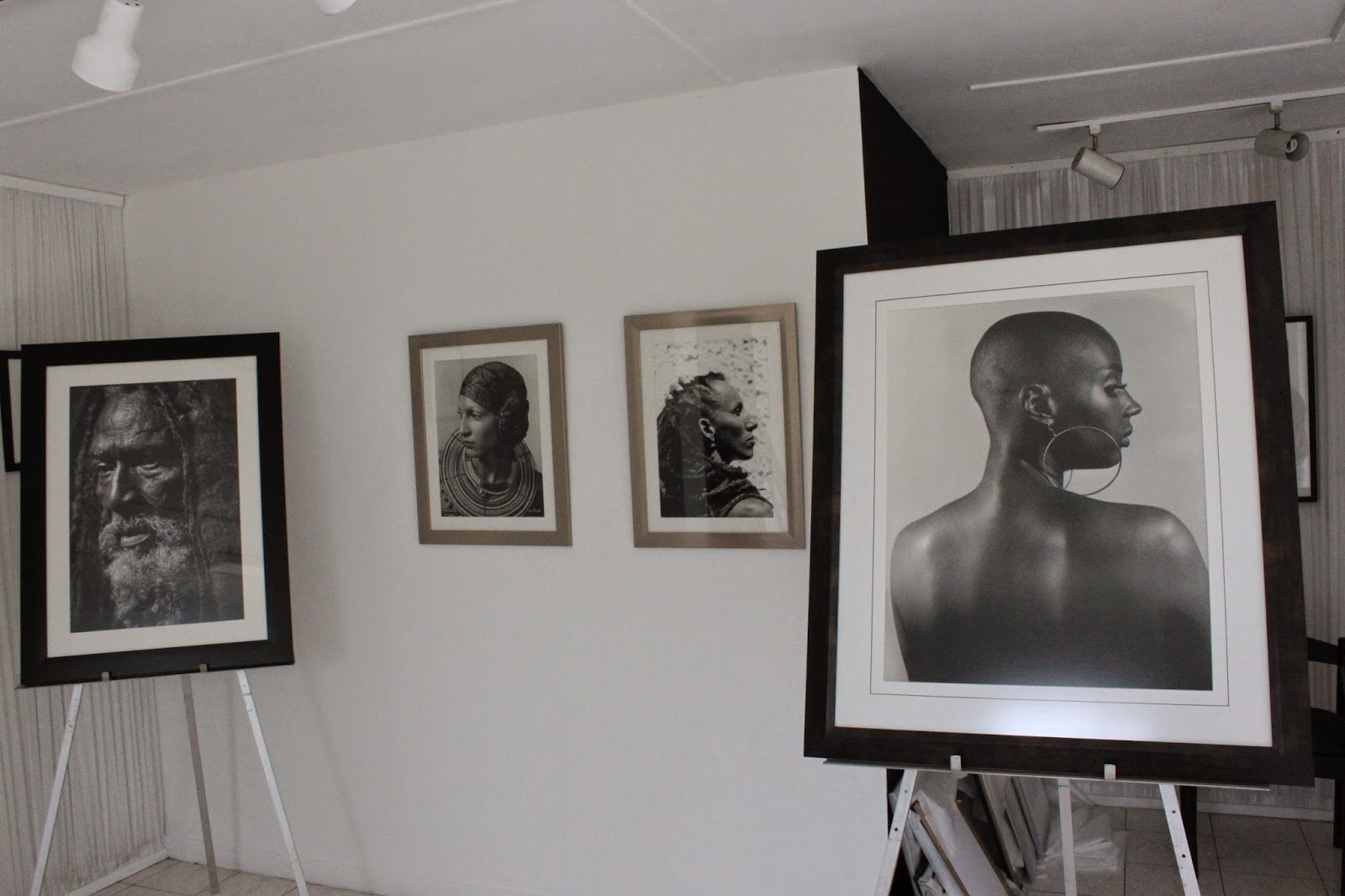Las Posadas: re-enacting the journey to nativity
 |
| It is a party atmosphere post the processions - “Las Posadas” in Coalcomán, Michoacán, México. Photo courtesy Javier Marin Quiroz and Adriana López Ruíz. |
December – it is called the ‘best month of the year’ – for it is at the cusp of ushering in a new year, a time for retrospection and to celebrate the birth of Jesus Christ.
The events of December 25, leading up to Nativity, may be over 2000 years old but it’s relevance and essence are still embedded in the DNA of a small town in the highlands of Mexico, 8,000 miles away from Bethlehem.
“The celebration of ‘Las Posadas’ (posada means “inn” or ‘shelter’ in Spanish) is an important Mexican Christmas tradition and especially enacted in the town of Coalcomán,” said Manuel López, second secretary, Embassy of Mexico to Jamaica.
The enactment, which is a fusion of road march by people in traditional dresses, and songs – in celebration, anticipation of the blessings that are to unfold, and an occasion for the community to come together.
RE-ENACTION OF THE BIBLICAL STORY
This celebration takes place on each of the nine nights leading up to Christmas, from December 16 to 24. The biblical story of Mary and Joseph’s journey to Bethlehem and their search for a place to stay is re-enacted.
“The nine nights of posadas leading up to Christmas are said to represent the nine months that Jesus spent in Mary’s womb,” Lopez said.
In Coalcomán, a small town in highlands at the top of the West Mountains facing the Pacific Ocean, mostly inhabited by ‘rancheros’ (farm workers), these traditions date back from the days of the Spanish conquest, and it is a part of their cultural identity.
 |
| Representation of Balthazar, one of Three Wise Men from Africa riding an elephant at “Las Posadas” in Coalcomán, México. | Photo courtesy Javier Marin Quiroz and Adriana López Ruíz. |
The enactment has its indigenous touches.
“The tradition involves special song Para pedir posadas, as well as a variety of Mexican Christmas carols and the breaking of piñatas,” López informed.
The ceremonies revolve around singing of the posadas songs.
The celebration begins with a procession in which the participants hold candles and sing Christmas carols.
Sometimes there will be individuals who play the parts of Mary and Joseph who lead the way, or images representing them are carried. The procession makes its way to a particular home, it is a different house each night, where a special song ( Para Pedir Posadas) is sung.
In some instances, all homes in the community are visited on one night.
 |
| Representation of Caspar, one of Three Wise Men from Asia riding a camel. Photo courtesy Javier Marin Quiroz and Adriana López Ruíz. |
There are two parts to the traditional posada song. Those outside the houses play the role of Joseph and sing to ask for shelter; the families inside then respond, playing innkeepers, with the second part of the song.
The people in the procession outside knock several times in different houses in which all of them respond that there is no room. The procession travels from house to house until finally, the last innkeeper agrees to let them in.
“The hosts open the door, and everyone goes inside singing: ‘Come inside saint pilgrims, you are welcome to this home, although the inn is poor, I give it to you from my heart’,” said López.
CELEBRATIONS
Once inside, the celebrations go into a crescendo, wherein there are parties or intimate get-together. “Often the festivities begin with a short religious service which includes a Bible reading and prayer,” López said.
After the religious service, Lopez said, the hosts distribute food to their guests, often tamales and a hot drink such as ponche: this beverage is prepared boiling fruits that are in season – guava, sorrel, sugar cane, Mexican hawthorn, hard brown sugar, prune, apples, tamarind and cinnamon.
 |
| Representation of Melchior, one of Three Wise Men, from Europe riding a horse. Photo courtesy Javier Marin Quiroz and Adriana López Ruíz. |
“At the end of the celebration the children start to sing: ‘I want neither gold nor silver, I just want break the piñata’ – this is because of inside piñatas are full of candies and fruits that they want eat,” he said. “That, for children, is more valuable than any precious metal.”
The onus of the celebrations is on the entire community, wherein they come together and plan festivities. Neighbourhood committees often organise the posadas, and a different family will offer to host the celebration each night. Everyone contributes with food and drinks, and converge at the host family’s house.
The tradition of posadas is one of many examples in Mexico of the fusion of Catholicism with the indigenous culture, and its adaptation with local traditions and blending with the earlier beliefs of the people.
The posada celebrations were originally held in the church, but the custom spread. Later it was celebrated in haciendas (large estate or dwelling), and then in family homes, by the 19th century it took the form of the celebration as it is now practised.
“The Aztecs had a tradition of honouring their god Huitzilopochtli at the same time of year – coinciding with the winter solstice,” López said. “The parallel in time between this native celebration and the birth of Christ lent itself to an almost seamless merging of the two holidays.”
A time-tested tradition, this enactment of journey of that night not only celebrates the birth of Christ but also a potent example of community spirit, giving back, sharing and harmony.
The words of Pope Francis sum it all up – “Christmas is joy, religious joy, an inner joy of light and peace.”
Merry and blessed Christmas all.




Comments
Post a Comment